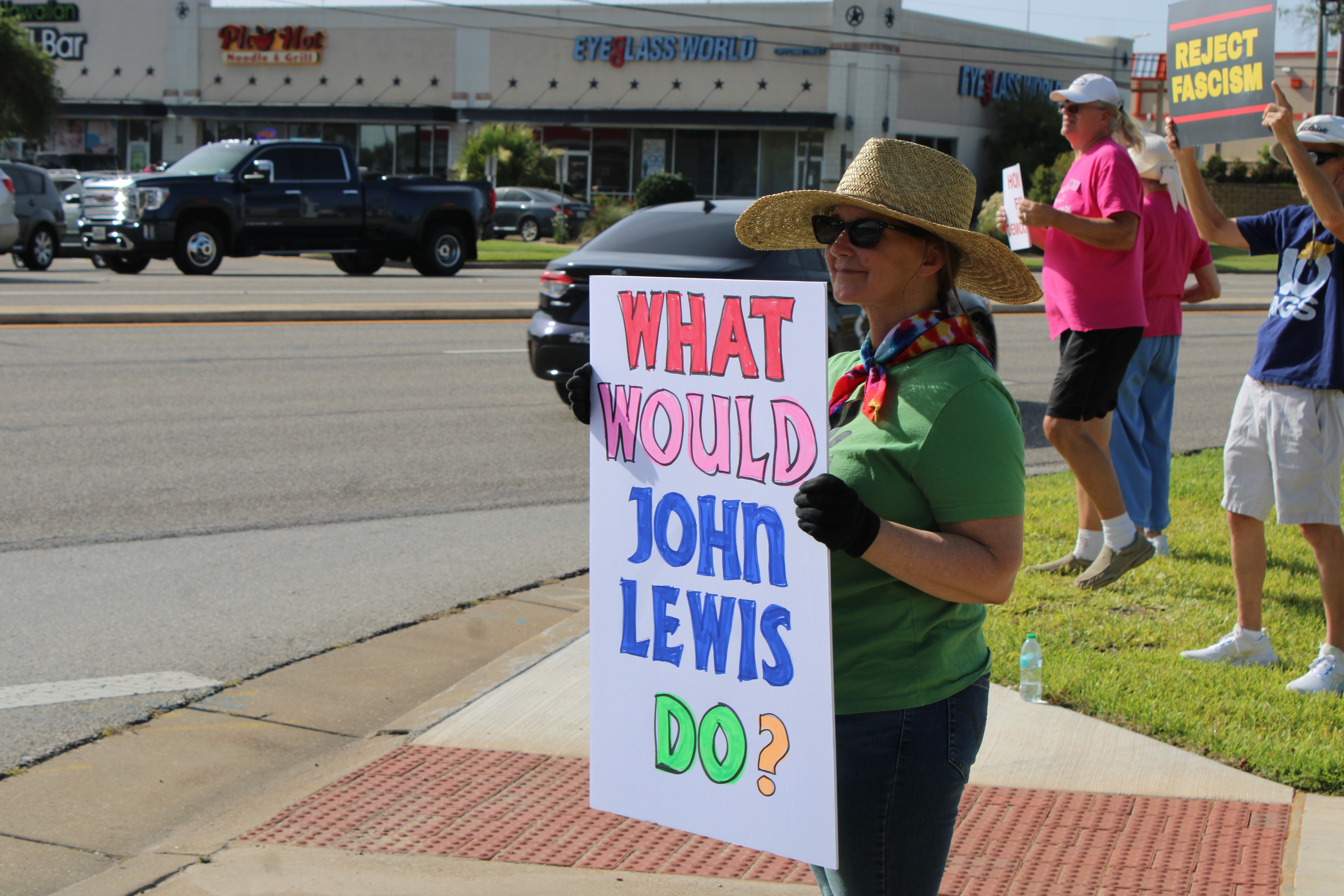Stewart’s legacy will be lower standards
Published 4:48 am Tuesday, August 11, 2015
The praise keeps rolling in for Jon Stewart, who ended his reign at Comedy Central’s “The Daily Show” last week. According to various real news outlets, Stewart was thoughtful, insightful and even “essential.”
He wasn’t, though. He was a comedian – a fake newsman who did a great disservice to our society’s understanding of journalism.
Trending
“Sixteen and a half years ago, Jon Stewart took over a little-watched show on a little-watched network and turned himself, the show, and the network into institutions,” Slate opined last week. “‘The Daily Show’ was born in 1996 to spoof late night conventions, but it was only after Stewart took over in 1999 that it grew into ‘The Daily Show’ we know today, the incisive satire of pundits, politicians, and, most especially, the cable news networks they use as their mouthpieces. Stewart has never been a straight news anchor, but over [the show’s] run he became an anchor nonetheless, steadying his audience, weighing his targets down.”
The praise doesn’t stop there.
“Once just a comedian, he has become a moral authority,” Slate exulted. “We have watched as he has waded through the fetid waters of our political culture to bring us not bogus good news, but bad, outrageous, ridiculous, unbelievable, awful news that we could process without fully despairing.”
That’s ridiculous, and Jon Stewart himself should be the first to say so.
The truth is that Stewart produced an entertainment program that looked an awful lot like news, at least to the millennial generation. In fact, an estimated 12 percent of adults claimed to have gotten their “news” from him.
But he often knowingly stepped across the line between entertainment and journalism. He interviewed presidents and politicians and newsmakers. But he did so badly – either as a sycophant (such as when he interviewed President Obama) or an opponent. He set traps and selectively edited interviews to make his subjects look bad.
Trending
“Stewart uses his funnyman status as a license to dispense with even the most minimal journalistic standards,” points out Kyle Smith in the New York Post. “Get both sides of the story? Hey, I’m just a comedian, man. Try to be responsible about what the real issues are? Dude, that’s too heavy, we just want to set up the next … joke.”
Stewart didn’t make arguments, he made faces. This was often enough for his audience; they were in on the joke. He was, not surprisingly, one of disgraced journalist Brian Williams’ biggest defenders.
“Stewart made some mild jokes at the anchordude’s expense, interrupted with insufferable Jerry Lewis-style mugging, baby talk, high-pitched silly voices and the inevitable reference to whether Williams was ‘high’ (authority figures getting high: always comedy gold to the campus audience),” Smith notes.
Stewart was able to have his cake and eat it, too, in a sense. He could act as a journalist, then hide behind the excuse of not really being a journalist when called out for his clear and undeniable bias.
And in doing so, he muddied our society’s understanding of and expectations for journalism.







